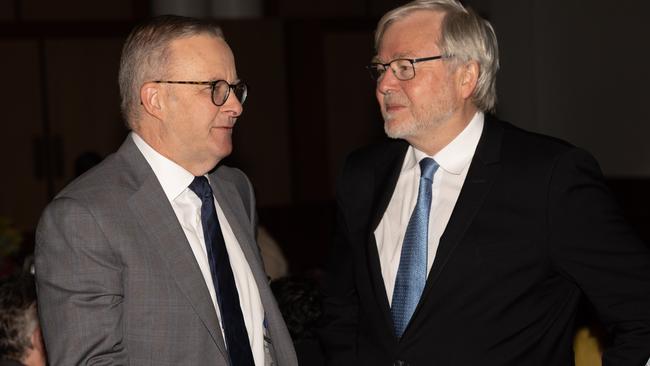
It provides one of the clearest distillations yet for why Xi Jinping has so profoundly reshaped Chinese society, putting the transformation down to the Chinese leader’s unique ideological worldview and its application to every arm of government policy and statecraft.
In a revamp of his doctoral thesis, Rudd – now Australia’s ambassador in Washington – makes clear that Xi himself rather than the self-propelling forces of the Chinese political system is responsible for steering new courses in Chinese politics, economic policy and foreign affairs.
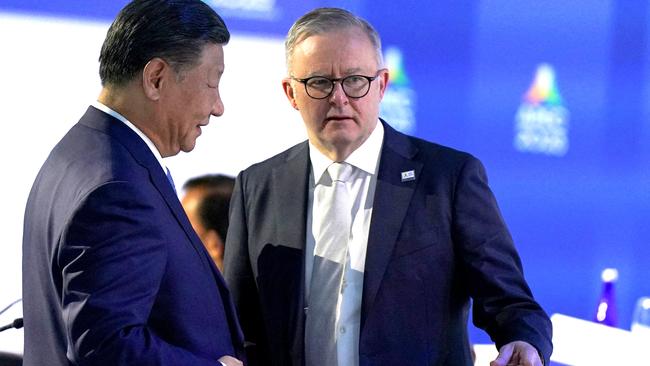
Xi is presented as a hard-line Marxist-Leninst ideologue and that his “return to ideology” and its costs on the Chinese people have not been sufficiently appreciated.
Rudd says Xi has firmly closed the door on democracy to launch the “deepest assault on liberal economic theory that the world has seen.”
He argues the greatest danger to the international system will come during the period of Xi’s leadership and that deterrence and diplomacy will be crucial to avoiding catastrophic conflict – a challenge which encompasses the present moment.
If the world can ride out the Xi Jinping era while avoiding war, then Rudd concludes the danger to the existing global order posed by his ideological worldview will diminish rather than accelerate.
While it is unusual for an Australian ambassador to so publicly dissect another foreign leader, Rudd is no usual ambassador given his background as a former prime minister, foreign minister and leading expert on Chinese affairs.
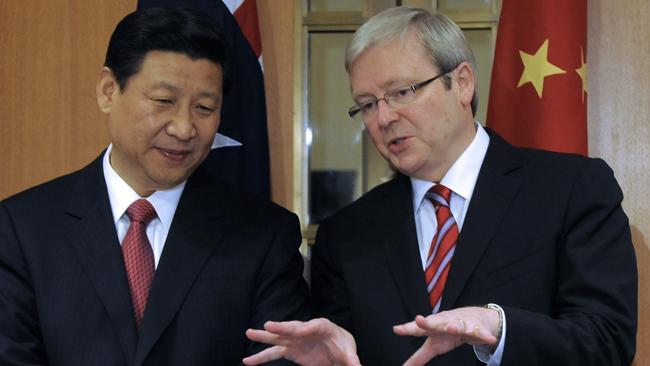
In echoes of George Kennan’s long telegram of 1946 relating to the Soviet Union, Rudd is now offering the closest thing to a new formula or conceptual framework setting out how the US and its allies should view and respond to the era of Xi Jinping.
“Something new is happening with Xi’s China,” he says. “There are big ideas behind all this which we must equally understand. Otherwise we are merely dealing with the tip of the Chinese iceberg.”
As Anthony Albanese pursues a policy of stabilisation with Beijing after several years of strained relations, Rudd also sounds a note of warning. He says the current rapprochement symbolised in the November summit between Joe Biden and Xi Jinping is merely symbolic of a shift in Beijing’s tactical diplomacy – not a change in its long-term strategic goals.
“As Xi sees it, with the Washington Consensus in a state of collapse, the appeal of universal human rights diminished, and democracy in retreat, there is now an opportunity to fill an emerging vacuum for an acceptable global narrative capable of reaching across the developing world,” Rudd says.
“When fully formed, Xi’s international ideational agenda is therefore likely to become his answer to the longstanding, American championed narrative of universal, individual political and economic freedom.”
Rudd says Xi’s project to fuse Marxism with traditional Chinese culture, following Mao Zedong’s earlier “Sinification” of Soviet Communism, could “potentially lead to a third integration … with world cultures.”
He says China will continue to prepare to take Taiwan by force, increase its military build-up in the South China Sea and strive for Beijing to become the indispensable economic partner of every region of the world except the US itself – especially targeting Africa, Latin America and the rest of Asia. Rudd concludes that a new nuclear arms race is also likely.
His book is a warning and a reminder that Australia should not be lulled into a false sense of security about Beijing’s overarching strategic objectives given the current normalisation of ties.
The challenges will remain acute with China set to drive global change in coming years through the fracturing of the global economic system, the testing of international norms and institutions, the contest to win the unfolding digital and technological revolution as well as the navigation of the climate change threat.


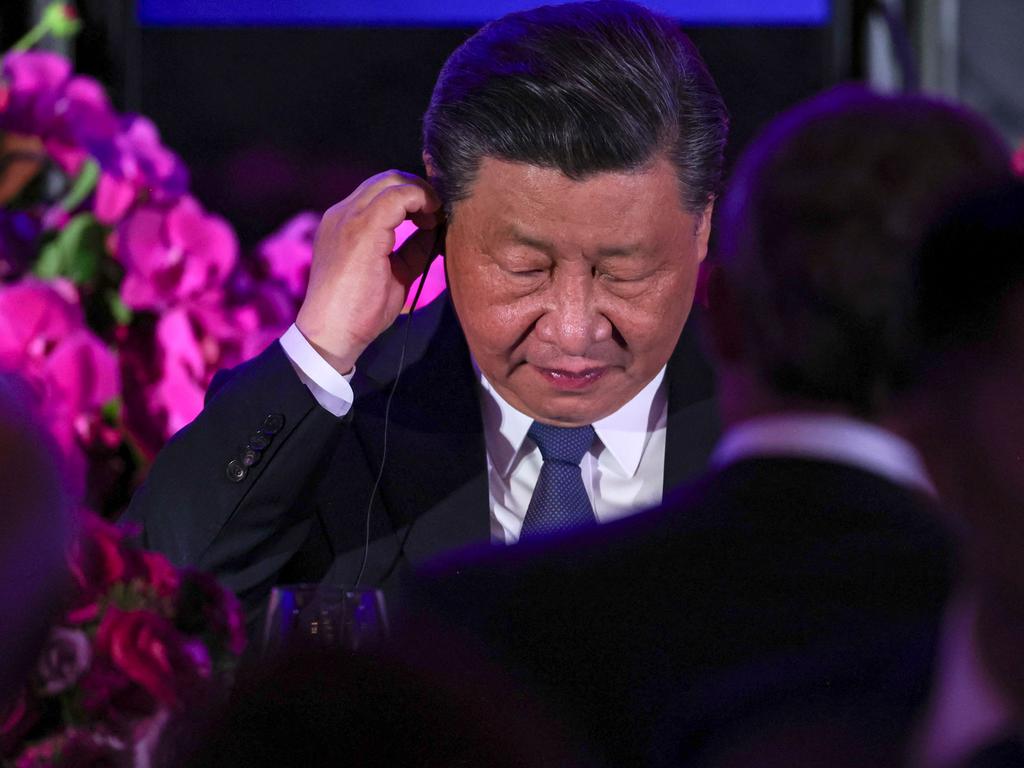
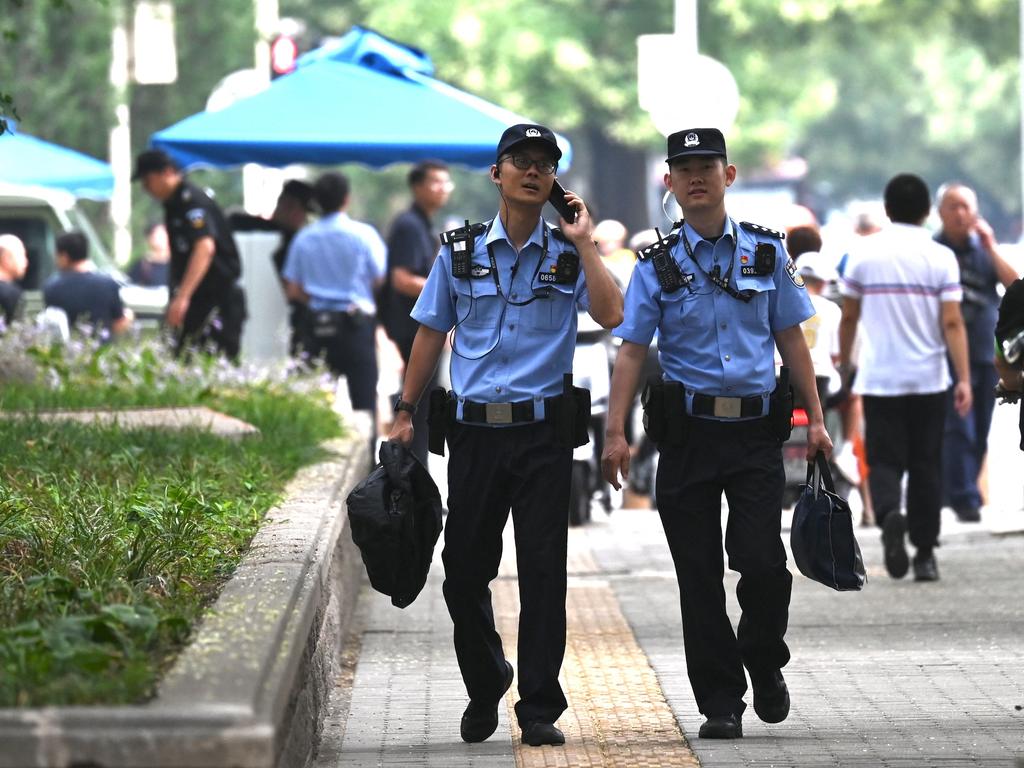


Kevin Rudd’s new book promotes a dark vision of Xi Jinping’s China and should be essential reading for Anthony Albanese and Penny Wong as they embark on a process of stabilising relations with Beijing.